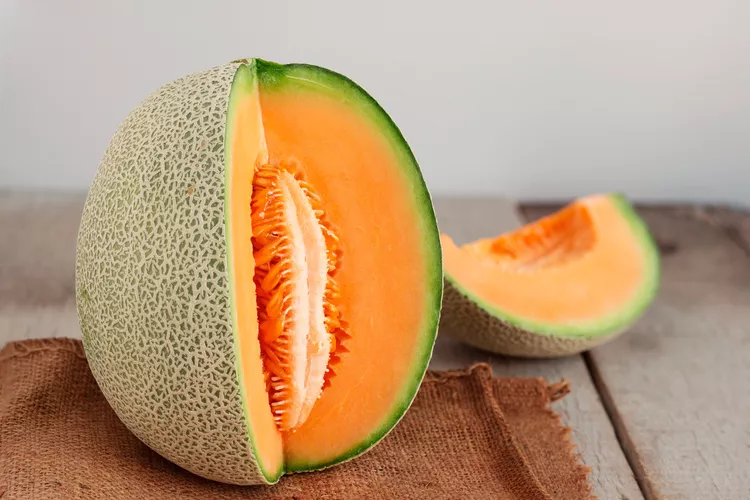
Dogs can eat cantaloupe in moderation. Like other melons, cantaloupe has a high water content and is bursting with nutrients for humans, but these benefits don't always apply to dogs. Dogs' stomachs can only handle certain things in moderation, and this includes fruit. Here's how to feed your dog cantaloupe without making them sick, the proper amounts to give, and what to do if your dog is having a reaction.
Yes, cantaloupe is a relatively safe fruit for dogs to consume in small amounts. As with any new food, it is always wise to introduce it to your dog slowly, so you can easily determine if your dog has an allergy or any trouble digesting them.
Cantaloupe is packed with nutrients, low in calories, and a great source of water and fiber. Although there are many benefits to eating cantaloupe for humans, feeding it to your dog should be done with care and discretion. Moderation is key—a few pieces of cantaloupe are safe for dogs to eat, but too much can cause trouble. If you have questions or concerns about feeding your dog cantaloupe, consult a veterinarian.
Cantaloupe is high in sugar, so it's not a good treat choice for diabetic dogs or those on calorie-restricted diets. In general, too many treats can lead to canine obesity, which can wreak havoc on your dog's body, especially if your dog is prone to joint issues like hip dysplasia. Plus, cantaloupe is relatively high in fiber, and too much can cause gastrointestinal upset. It's also possible for dogs to have an allergic reaction or intolerance to any food.
Monitor your dog after feeding cantaloupe and contact your veterinarian if your dog experiences any of the following:
If you choose to feed your dog cantaloupe, offer small amounts of ripe fruit cut into bite-sized pieces. Always avoid the rind as it may be harmful and is not very tasty.
Cantaloupe rinds are tough, hard to chew, and even harder to digest. They can be a choking hazard and cause irritation when swallowed. Don't feed your dog rinds or let them lick the outside skin, because it may have harmful bacteria that could make them sick.
As with all fruit, it is important to wash and scrub the outer surface thoroughly prior to preparation. Remove the rinds and the seeds, and slice the melon into small one to two-inch-thick bite-sized wedges depending on the size of your dog.
You can feed cantaloupe to your dog as a special treat and not part of their regular diet. Put the treat in a Kong or another puzzle toy to provide mental exercise for your dog. You can even freeze this fruit to make it last longer and provide a refreshing treat in hot weather.
Cantaloupes are available year-round, but this melon shines during the summer when it’s at its freshest and sweetest. Picking a good, ripe cantaloupe can also make the treat that much better for your dog. Keep in mind, however, that the riper the cantaloupe, the more sugar it contains. Just by tasting, you'll know if a cantaloupe is sweeter than you're used to, which means you should give your dog less.
A great way to pick a cantaloupe is by smell, the fruit should have a sweet, slightly musky scent. The stem should be no longer attached as a ripe melon will naturally detach from its stem. Lastly, the cantaloupe should feel firm but not rock hard and should be free of bruising.
In summary, cantaloupe can be given to dogs as an occasional treat, provided that the rind and seeds are removed.
It's not smart to feed your dog cantaloupe rinds: the rinds are fibrous and can cause gastrointestinal upset.
Be careful with cantaloupe seeds, as they can be a choking hazard. Best to feed your pooch plain cantaloupe flesh.
Dogs can eat many melons, from watermelon to honeydew. Just remove the seeds and rind.

75 Unisex Cat Names
Our gender neutral cat names perfect for your feline friend, with a diverse selection of fun and inclusive options to fit your pet's disposition.
Why Does My Cat Stink?
Is your cat stinky? Find out about the causes of bad odors in cats and when it is something to be concerned about. Learn how to help your stinky cat.
Signs of Rabies in Cats
Rabies is a fatal and contagious virus that can affect cats. Learn about the signs of rabies in cats and what to do about them.
Can Cats Eat Dog Food?
Can cats eat dog food? In small amounts, it's unlikely to be a problem, but long-term feeding of dog food to cats can cause health issues and malnutrition.
Exploring the Different Types of Pet-Friendly Beaches
Are you looking for pet-friendly beaches? Learn about the different types of pet-friendly beaches, their locations, and tips for visiting them with your pet.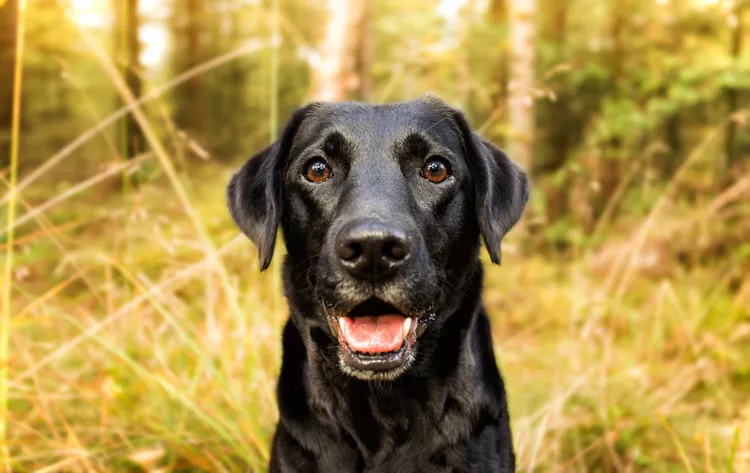
Pulled Muscles in Dogs
A pulled muscle is one of the most common injuries seen in dogs. What can you do if your dog pulls a muscle and how can you prevent it?
Fibrosarcoma in Cats
Fibrosarcomas are potentially fatal soft tissue tumors that can occur in cats. Learn the causes, treatment, and prevention.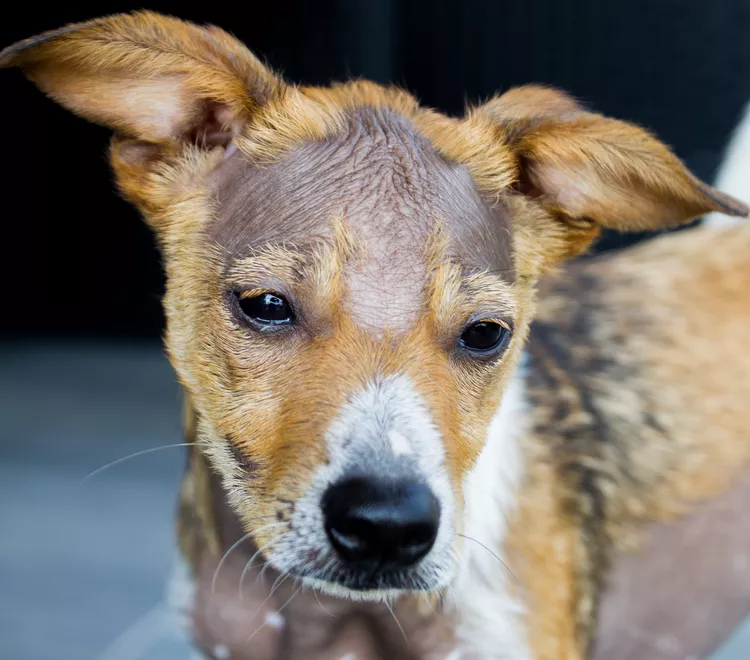
Alopecia in Dogs
Alopecia leads to hair loss and bald spots in dogs. Some breeds may be more at risk. Learn common causes, treatment, and prevention of dog alopecia.
Is Acetaminophen Safe for Dogs?
Acetaminophen is used by humans for pain and fever relief, but is it safe for dogs? Here's what you need to know before giving your dog acetaminophen.
Can Dogs Eat Almonds? Understanding the Risks and Guidelines
Can dogs eat almonds? While a couple likely won't hurt, it's best to avoid feeding your dog this nut. Learn the risks here.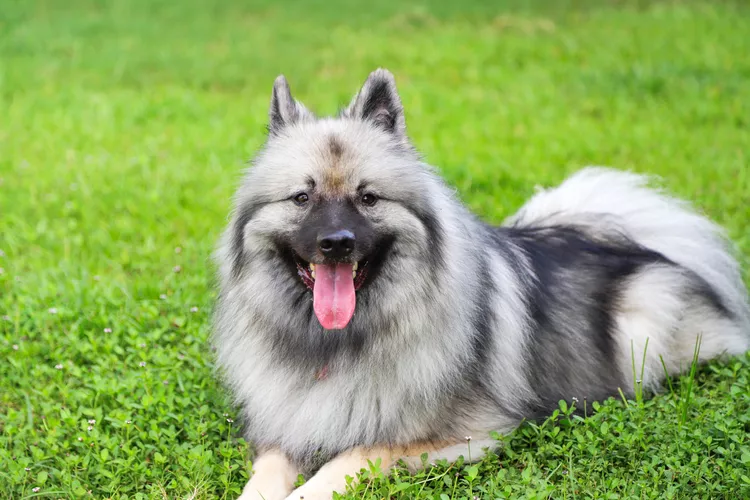
Keeshond: Dog Breed Characteristics & Care
Learn about the keeshond dog, also known as the Dutch Barge Dog. This fluffy spitz breed was bred to guard, but also makes a friendly companion.
Is Rosemary Safe for Dogs?
Rosemary is used both for cooking and as a supplement with many reported health benefits in people, so you may be wondering if it is safe to give to your dog. Rosemary is considered non-toxic for dogs but with some caveats.
7 Hybrid Cats Breeds
Hybrid cat breeds can make appealing pets since they look more exotic than domestic house cats, but they aren't for everyone.
The Best White Cat Breeds to Keep as Pets
Several breeds can result in white cats with long or short hair. Find out the pros and cons of these white cat breeds.
11 Cute Pictures of Ragdoll Cats
Ragdoll cats are known for their beautiful coats and bright, blue eyes. Learn all about the breed, and check out some cute pictures here.
7 Reasons Why Your Cat Eats Paper, and How to Stop It
Is your cat eating paper? Learn why your cat is doing this, and find out how to put a stop to it.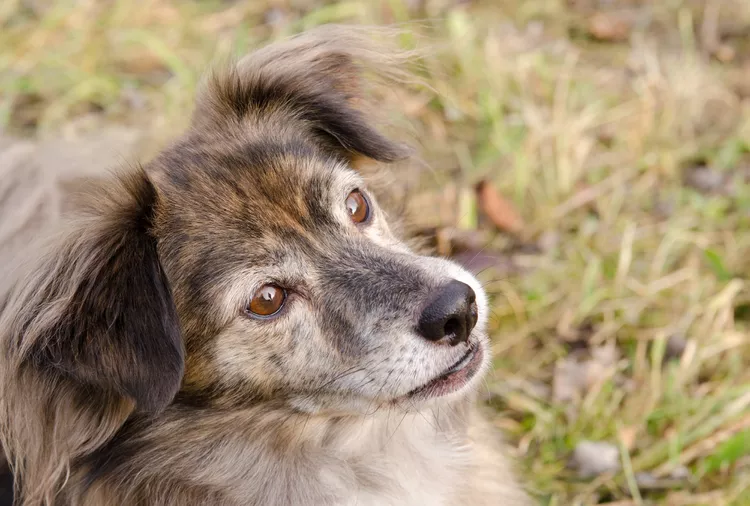
Feist: Dog Breed Characteristics & Care
Feists are small, short-haired dogs developed to hunt squirrels and catch vermin. These high-energy, affectionate pooches make great companion animals.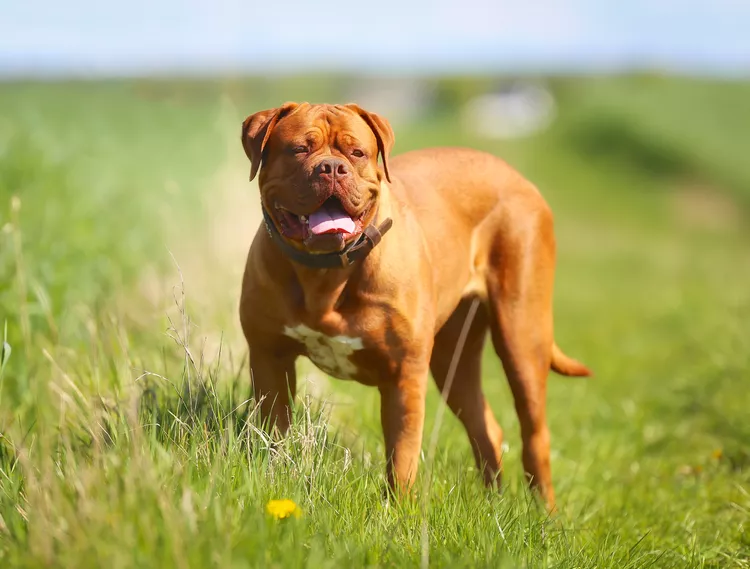
Dogue de Bordeaux (French Mastiff): Dog Breed Characteristics & Care
Learn about the Dogue de Bordeaux, also called the French mastiff. Although large and muscular, they’re known for their calm and gentle personality.
How to Stop Your Dog From Fearing Men
Many dogs have a phobia of men. Learn how to help your dog overcome its fear through desensitization and training while keeping everyone safe.
Why Dogs Eat Poop and How to Stop Them
Is your dog eating poop? Some dogs do this because of stress or illness. Learn how to prevent stool eating, or coprophagia, in dogs.